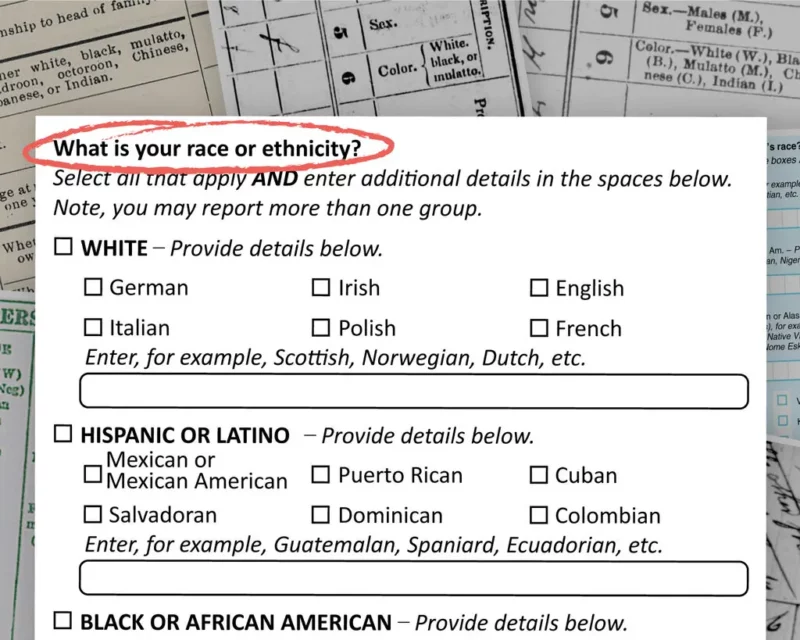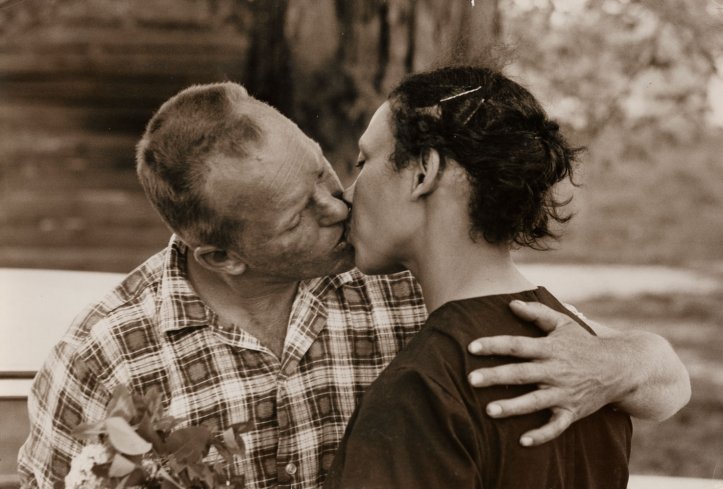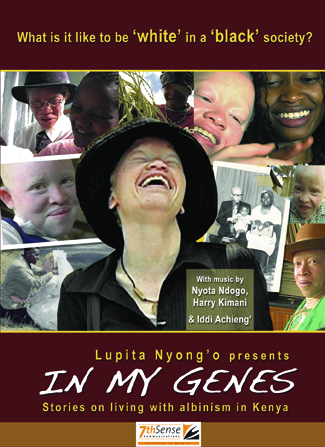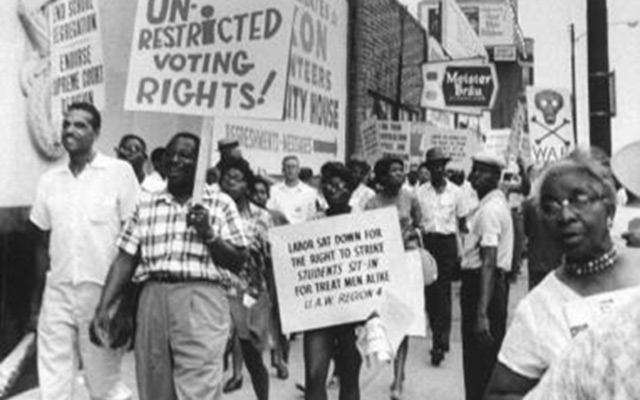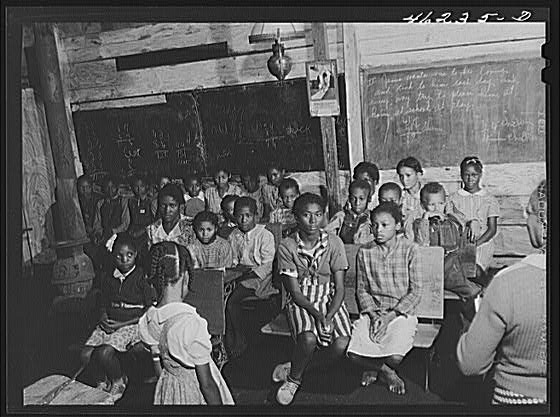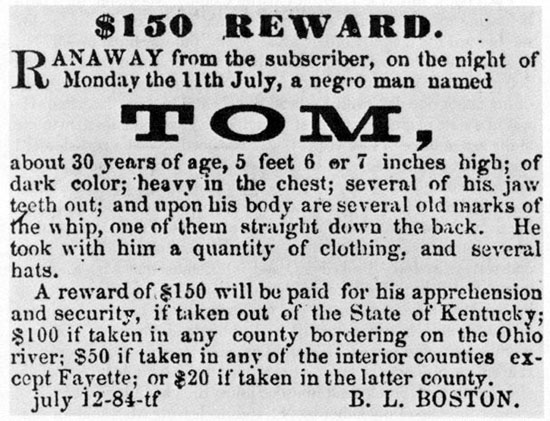Archive for September 2012
Dolce & Gabbana responds to accusations that ‘Blackamoor’ earrings are racist
After outfitting a white model with earrings that evoke a the racial stereotype of the mammy, one design company faces backlash.
Read MoreWill ‘White’ and ‘Black’ Lose Their Meaning?
As the American population becomes more colorful, we must reexamine what words like “minority” mean and who systems serve.
Read MoreHow White Ideals Color US Race Relations
One author tackles a tired, racism belief about economic disparities and what–if anything–they say about work ethic.
Read MoreEmpty chair ‘lynchings’: Anti-Obama protests gone too far?
Some Americans who oppose Barack Obama have resorted to racist imagery that evokes violence in their protests.
Read MoreAnti-Amalgamation Law Passed This Day in 1664
More than 350 years ago, Maryland made interracial marriages illegal between white women and Black men with the anti-amalgamation law.
Read More“In My Genes,” Feature Debut By Lupita Nyong’o, Actor in “12 Years A Slave”
Not only a talented actor, Lupita Nyong’o proves she can direct with this full-length documentary film focusing on Kenyans with albinism.
Read More9-year-old Brooklyn rapper pens rap against pants sagging, ‘Pull Ya Pants Up’
Despite being just 9 years old, Amor “Lilman” Arteaga is making waves with his new song, a rant against sagging pants.
Read MoreVoting Rights for Blacks and Poor Whites in the Jim Crow South
From about 1900 to 1965, most African Americans were not allowed to vote in the South. White people in power used many methods to keep black people from voting. Some of these methods also prevented poor white people from voting. Today there are still laws and customs that make it harder for African Americans, other minorities, and some whites to vote.
Read MoreThe Education of Black Children in the Jim Crow South
Education is the key to economic success. It is true now, and it was true in the Jim Crow South. Southern education was not very good – even for white children. But education for blacks in the South in the early 1900s was worse in many ways. In this exhibit you can learn what school was like for most African American children in the South – and why.
Read MoreWilliam Parker and the Resistance at Christiana, September 11, 1851
William Parker led the first rebellion against fugitive slave laws in 1851, but more followed at enslaved people resisted.
Read More
